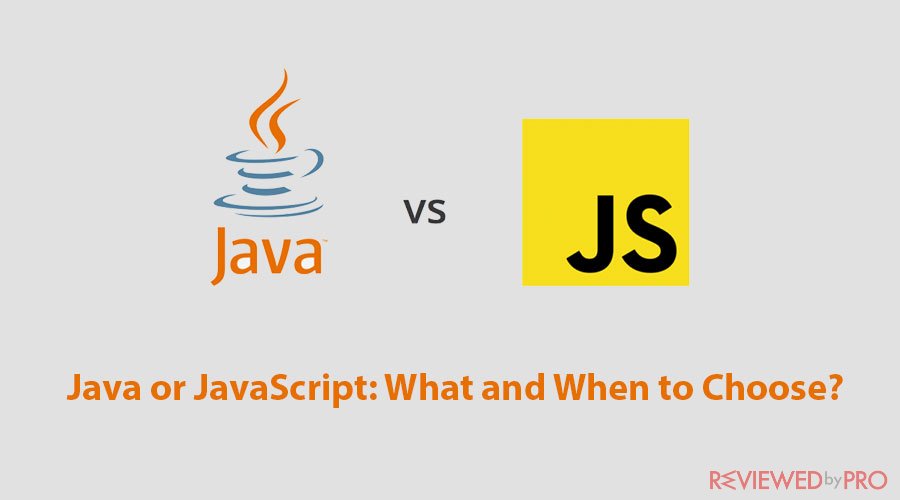
Two programming languages, Java and JavaScript, have been used to build sophisticated apps for a range of uses. Although they may seem similar at first look, the two languages are distinct due to their various variances.
Even if both languages are excellent, choosing the best one will take time and effort. Therefore, if you're wondering which of Java vs. JavaScript is better, you've come to the correct place. Here, you can learn a lot more about Java and JavaScript, which will help you choose which is ideal for developing web apps.
Java: What Is It?
Java is an object-oriented programming (OOP) language that mainly gives back-end developers server-side capability. It is high-level, which makes it simpler to develop, understand, and maintain, it has a vital separation from computer specifics. Because inheritance in Java is also class-based or class-oriented, specified classes are used rather than just objects. Java has minimal implementation dependencies, which are the references used by a program to identify the connection classes between components.
If you are a beginner, then learning this language may seem difficult, but if you need this language for a project, then you can always hire Java developers who will always help you.
JavaScript: A Definition
A multi-paradigm, high-level, and dynamic programming language is JavaScript. When NodeJS, a run-time environment based on JavaScript, was introduced in the late 2000s, it particularly gained popularity. Developers may create dynamic web page content on the server before sending it to the user's web browser thanks to Node.js's ability to utilize the same language for both server-side and client-side scripts.
Another key technology contributing to JavaScript's current popularity and prevalence in web development is AngularJS, a JavaScript-based web development framework. By the way, Javascript is the most popular programming language for now.
Primary Differences between Java and JavaScript
Development Capabilities
The development environment is a significant comparing factor for Java and JavaScript. Java is used in a variety of ways in corporate applications, embedded computing, and Android application development. However, JavaScript is a popular technique for making the user's online surfing experience interactive.
Many different server-side apps utilize Java. On the other hand, client-side web browsers are where JavaScript is executed. However, Node.js and JavaScript have made JavaScript quite popular on the server side in recent years.
Difficulty and Learning Curve
However, being so pervasive and extensive comes with a price: Java could be thought of as being more difficult to learn than JavaScript. Data abstraction, encapsulation, inheritance, polymorphism, and other terms are only a few of the ideas and capabilities included in the Java Core portion.
Comparatively speaking, JavaScript is said to be the most simple to learn of all the contemporary programming languages. It isn't even a programming language in the strictest sense. JavaScript is effectively a scripting language since it enables scripts to be embedded into web browsers, which already have a JavaScript engine built in to execute JS code.
Type
Because Java is firmly typed and JavaScript is dynamically typed, the two languages also vary in this regard. Each variable in a highly typed language must have a defined data type that specifies the range of values it may accept. Strongly typed programming languages may aid in the development of efficient coding habits since they force programmers to find all errors before they can run the code properly.
A dynamically typed language makes it simpler to specify objects' structures more naturally since the program's interpreter gives variables a type depending on whatever their run-time values are.
Which is better?
JavaScript easily beats Java in terms of popularity. JavaScript is rated first as the most popular and widely used programming language since it is far more versatile. Interestingly, despite the obvious differences between the two languages, you can still get the same result with either language.
JavaScript is a lot better solution if you don't want to maintain several code bases for Android and iOS while creating mobile apps. However, you can only use Java if you're creating a native Android app. Java or JavaScript can both be used to create cross-platform Desktop GUI apps with the same outcome.
Conclusion
Java aids developers in creating server-side scripts, whereas JavaScript is primarily used to create client-side scripts. While Java helps developers create more powerful and secure apps, JavaScript enables them to create dynamic web pages.
Now that you are aware of the key distinctions between Java and JavaScript, you may be able to choose which language to study. Based on your project and your needs, you may choose one of these two.




